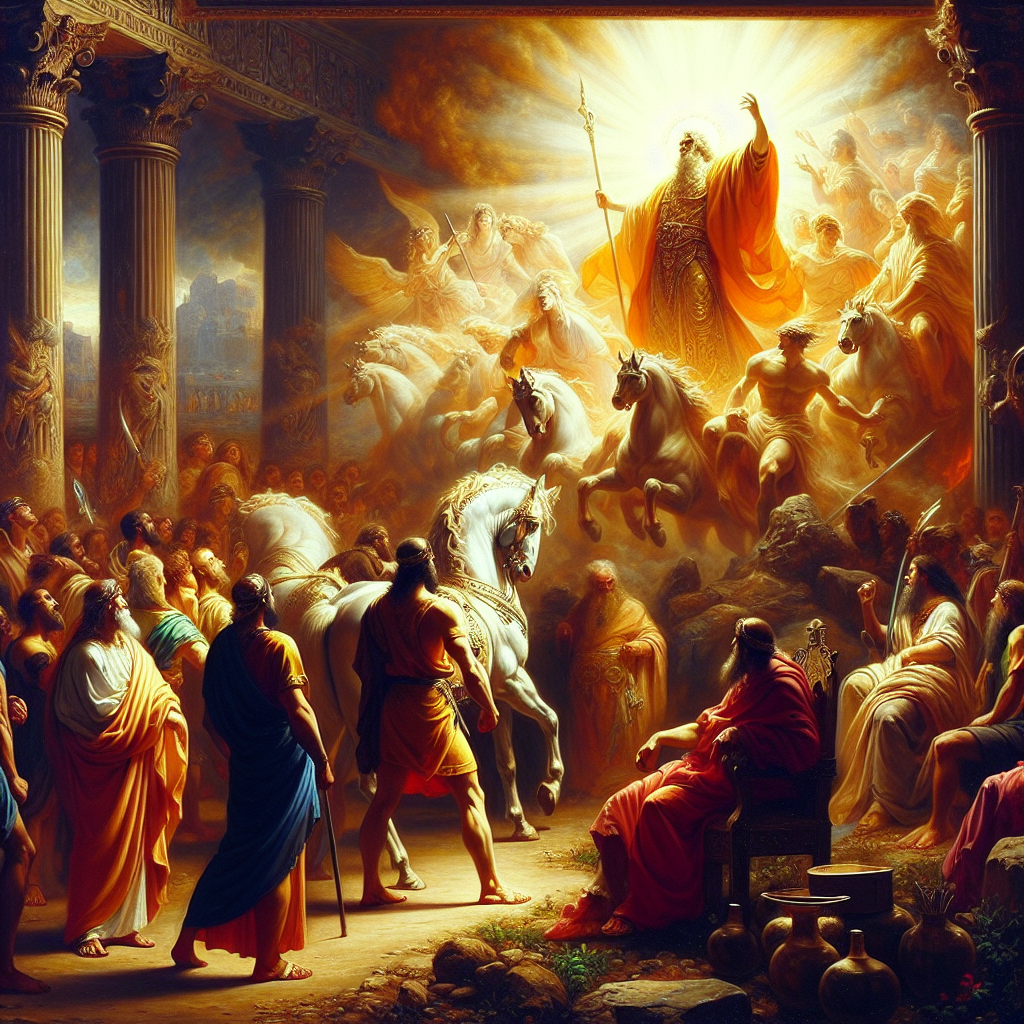Unlocking the Prophecy: Isaiah Chapter 45 to Chapter 48
09/09/2024

Analysis of Isaiah chapters 45-48
Link to bible verses
Key Verses
- Isaiah 45:5-6 - "I am the LORD, and there is no other; apart from me there is no God. I will strengthen you, though you have not acknowledged me, so that from the rising of the sun to the place of its setting people may know there is none besides me. I am the LORD, and there is no other."
- Isaiah 46:9-10 - "Remember the former things, those of long ago; I am God, and there is no other; I am God, and there is none like me. I make known the end from the beginning, from ancient times, what is still to come. I say, 'My purpose will stand, and I will do all that I please.'"
- Isaiah 48:17 - "This is what the LORD says— your Redeemer, the Holy One of Israel: 'I am the LORD your God, who teaches you what is best for you, who directs you in the way you should go.'"
Themes
- God's Sovereignty: These chapters emphasize God's complete control over history, nations, and individuals. He declares His supreme power and authority over all creation.
- The Uniqueness of God: Isaiah repeatedly stresses that there is no other God besides Yahweh. He alone is the Creator and Ruler of all things.
- God's Plan for Israel's Redemption: God promises to redeem Israel from captivity and restore them, using Cyrus as His instrument.
- The Futility of Idolatry: Isaiah mocks the foolishness of idol worship and contrasts it with the power of the true God.
- God's Foreknowledge: The prophecies about Cyrus demonstrate God's ability to declare future events long before they occur.
Historical Context
- Time Period: Written around 700-680 BC, during the reigns of Kings Ahaz and Hezekiah of Judah.
- Political Climate: Assyria was the dominant empire, threatening the existence of Judah and Israel. Babylon was rising in power.
- Significant Events: The prophecy about Cyrus, who would conquer Babylon and allow the Jews to return from exile (about 150 years in the future).
Cultural Context
- The importance of prophecy in Israelite religion as a way God communicated His will.
- The practice of idol worship among surrounding nations, which Israel was often tempted to adopt.
- The concept of a divine king or "anointed one" (messiah) in ancient Near Eastern cultures.
Etymology
- "Anointed" (mashiach in Hebrew) in 45:1 refers to Cyrus being chosen by God for a specific purpose, though he was not a believer.
- "Redeemer" (go'el in Hebrew) in 48:17 carries connotations of a kinsman who buys back a relative from slavery or debt.
Practical Application
- Trust in God's sovereignty over world events and personal circumstances.
- Recognize the futility of putting trust in anything other than God.
- Be confident in God's ability to fulfill His promises, even if the fulfillment seems distant.
- Seek to know and follow God's will and direction for your life.
- Remember God's past faithfulness when facing current challenges.
Reflection Questions
- How does God's sovereignty over history impact your view of current world events?
- In what ways might you be tempted to trust in modern-day "idols" rather than in God?
- How can you cultivate a deeper trust in God's promises, even when their fulfillment seems unlikely or far off?
- What does it mean for you personally that God is your "Redeemer" and teacher?
- How can remembering God's past faithfulness encourage you in your present circumstances?
